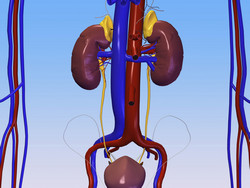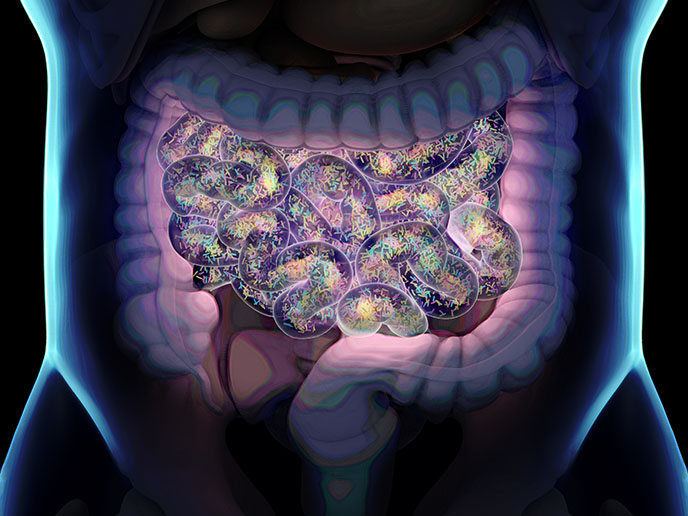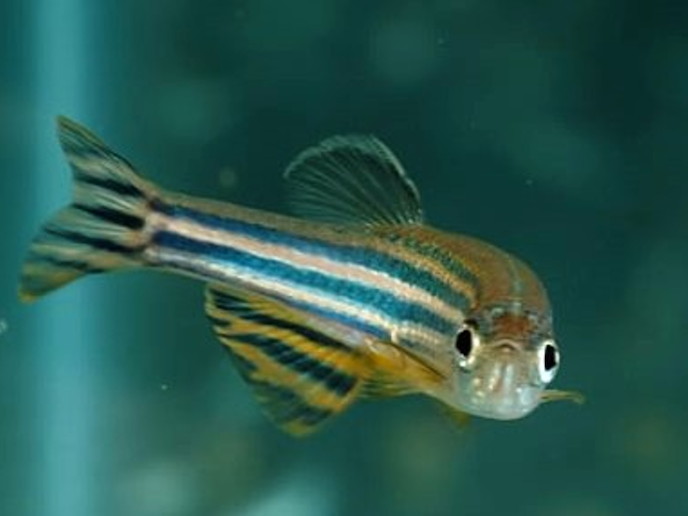Accelerated research into rare renal diseases
There are at least 60 rare inherited diseases affecting the kidney and, although they have a large negative impact on the patient, limited knowledge prevails on underlying biomolecular mechanisms and treatment. The EUNEFRON(opens in new window) (European Network for the Study of Orphan Nephropathies) project has developed new disease models and planned a research roadmap to remedy this situation. The four-year initiative was structured to address diseases affecting five critical structures of the kidney. Critical for ultrafiltration, podocytes lining the Bowman's capsule were studied in diseases where maternal antibodies bind to the foetal podocytes and mediate renal disease. Pathologies of the tubules in the kidney cortex were also addressed – in the proximal tubule (PT), thick ascending limb, the distal convoluted tubule and the collecting duct. A European Registry of Rare Nephropathies and a European Network of Genetic Laboratories were created and now house all the data from the research. Using mouse models and new cell culture models, molecular mechanisms of disease have been elucidated. More than 200 new mutations in known genes have been discovered in families newly identified with rare kidney diseases. Some known genes have been excluded and other new disease genes identified. Novel genotype-phenotype correlations were also characterised. Accurate diagnosis is critical for sustainable therapy and new diagnostic tools have been developed along with submission of patent applications. One key example is the patent for a diagnostic marker for PT dysfunction. Based on this, the project is preparing a diagnostic kit validated for use in humans. The project website carries details of genetic tests performed by EUNEFRON members through the European Network of Genetic Laboratories. The online catalogue gives details of the disease, the genes involved and the researcher. Links to associated kidney disease working groups such as the ERA-EDTA Working Group on inherited kidney disorders and the National Organization for Rare Disorders (NORD) are also available on the web page. Fostering of international collaborative efforts, collection of biomaterials, and information on rare kidney disease detection, treatment and follow-up has allowed analysis of much larger patient cohorts than was previously possible using single databases. The result has been a massive increase in the knowledge base for rare kidney diseases. This has been disseminated in more than 100 peer-reviewed publications and presented at almost 200 conferences, workshops and meetings. Expansion of the rare renal diseases network is being translated into improved quality of life for patients.







